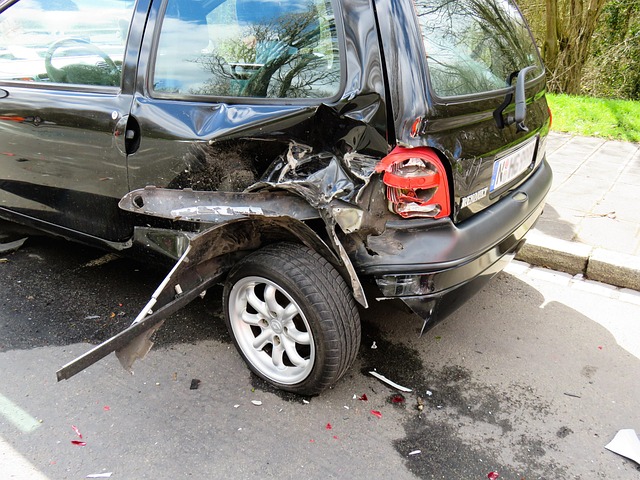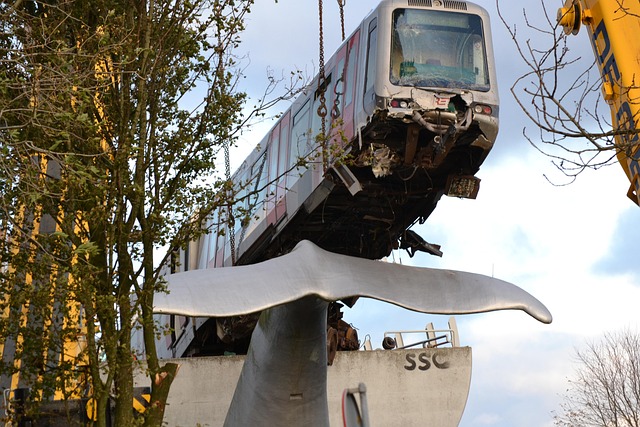After a Peoria car accident, immediate priority is safety and medical care. Document evidence, understand rights, and seek professional legal guidance for navigating insurance claims and compensation for injuries, property damage, and emotional trauma. Accessing healthcare, managing insurance, and legal advocacy are crucial steps in the healing process for Peoria car accident victims and their families.
After a Peoria car accident, families face a complex web of challenges. This article provides crucial resources for navigating the aftermath. We explore your legal rights in understanding Peoria car accidents, guiding you through accessing medical support and insurance claims, and offering strategies for emotional healing and compensation. Don’t let the process overwhelm you; equip yourself with knowledge to ensure the best possible outcome.
- Understanding Your Legal Rights After Peoria Car Accident
- Accessing Medical Support and Insurance Claims
- Navigating Emotional Healing and Compensation Process
Understanding Your Legal Rights After Peoria Car Accident

After a Peoria car accident, it’s crucial for families to understand their legal rights. The first step is to ensure everyone’s safety and seek medical attention if needed. Once that’s taken care of, document everything related to the incident – from witness statements to photos of the damage. This evidence can be invaluable when navigating the legal process.
Familiarsing yourself with your rights in a Peoria car accident case is essential. You may be entitled to compensation for medical bills, property damage, and pain and suffering. An experienced attorney can help you navigate complex insurance policies and legal procedures, ensuring you receive fair compensation. Don’t underestimate the importance of professional guidance during this challenging time.
Accessing Medical Support and Insurance Claims

After a Peoria car accident, accessing medical support and navigating insurance claims can seem overwhelming for families. The initial step is to ensure all involved receive prompt and adequate healthcare. This may involve taking injured family members to nearby hospitals or emergency care centers, and coordinating with medical professionals for ongoing treatment. Many victims require specialized care, rehabilitation, or long-term therapy, which should be covered under appropriate insurance policies.
Families should gather essential documents related to the accident and the injuries sustained. These include police reports, medical records, and proof of insurance from all parties involved. For a Peoria car accident, understanding the state’s no-fault insurance system is crucial. This process involves filing an insurance claim with your provider, who will assess the damage and liability, ensuring fair compensation for medical expenses, lost wages, and other related costs.
Navigating Emotional Healing and Compensation Process

After a Peoria car accident, families face not only physical but also emotional challenges. Navigating the healing process requires sensitivity and support. It’s crucial to understand that every family’s journey is unique, and seeking professional help is a vital step towards emotional recovery. Therapists and counselors specialized in trauma support can provide tools for managing stress, anxiety, and grief associated with such events.
Compensation plays a significant role in the aftermath of a Peoria car accident. Families affected should educate themselves about their legal rights and available resources. This process involves understanding insurance policies, filing claims, and potentially pursuing litigation. Engaging experienced legal professionals can ensure that victims’ interests are protected and they receive fair compensation for medical expenses, lost wages, and other related damages.
After a Peoria car accident, families face both physical and emotional challenges. Understanding your legal rights, accessing appropriate medical support, and navigating insurance claims are crucial steps in the healing process. This article has provided resources and guidance to help you navigate these complex issues, ensuring you receive the compensation you deserve while fostering emotional recovery. Remember, you’re not alone – there are support systems available to assist you during this difficult time.
